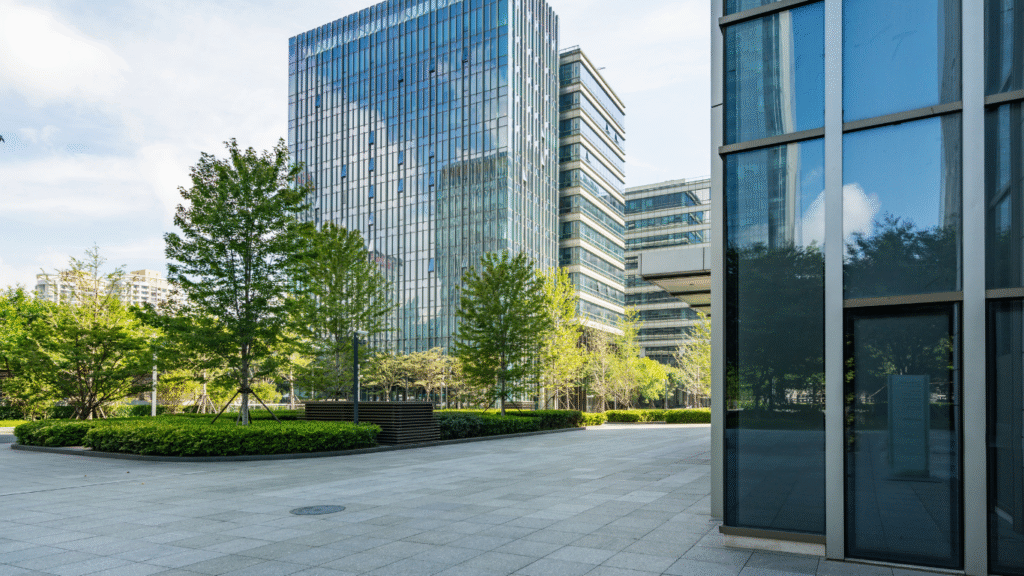The calm, the chaos, the Caribbean
Are we growing or just drifting?
To the untrained eyes, the Caribbean is sun, sand, and slow pace. But beneath the waves lies a region wrestling with seismic shifts, economic, cultural, and generational.
The IMF predicts growth in the Caribbean at 2.0%, a slowdown from 2.4% in 2024. This deceleration brings to surface the chronic issues: debt driven stagnation, currency depreciation and rising import costs. Outlier Guyana continues to punch above its weight with a 25% growth projection due to its oil-boom.
Growth elsewhere is modest. A robust winter travel season and continuous efforts to modernize digitally have given Jamaica and Barbados a cautious sense of optimism. Although Trinidad and Tobago is placing bets on nearshoring and gas, excitement is tempered by political unpredictability and financial limitations.
In short, the profits are real but so is the pressure.
Legacy and Laggards – Is our business model still working?
History rewards those who spot trends early and act with strategy. Those who wait and watch the tides are left behind.
Despite years of rhetoric around diversification, most of the Caribbean economies persist in being heavily reliant on tourism and financial services. Our business sector hasn’t meaningfully evolved. We remain anchored in legacy sectors: tourism, agriculture, manufacturing, financial services, and renewable energy. The “good ole faithful’s.”
The region is undeniably a tourism giant, with countries like the Dominican Republic, Jamaica, and the Bahamas consistently drawing high visitor numbers. But when measured against advanced economies, we remain decades behind, especially in innovation and economic agility.
Case in point: digital transformation. The world embraced mobile banking, fintech, and e-commerce ecosystems decades ago. In the Caribbean, COVID-19 forced our hand – pushing governments and businesses to adapt to the digital age. It wasn’t innovation, it was survival.
Our current business model is increasingly fragile in a world shaped by climate crises, technological acceleration, and shifting trade dynamics. To thrive, the Caribbean doesn’t just need resilience—it needs a reboot.
Future-Forward: Trends Defining Caribbean Business in 2025
Fintech is Finally Finding Footing
-
- Fintech is no longer fringe. The region is slowing advancing to modernization offering solutions to combat a heavily cash-based economy. Companies like WiPay and Bitt are making digital payments more accessible. Support networks like TechBeach Retreat are helping founders scale, with regional governments slowly getting on board signaling an optimistic shift towards a digital-first financial economy.
Climate is Now a Market Opportunity
-
- Sustainability isn’t just a buzz word anymore, its business. Grenada is leading by example turning sargassum seaweed into clean energy, bioplastics, and fertilizer which was once a marine menance. It’s not just sustainability; its smart economics rooted in solving local problems. From climate-resilient infrastructure to green tech startups, the region is waking up to the idea that solving environmental problems can also drive economic value. It’s climate-smart capitalism rooted in Caribbean realities.
Tech is Quietly Taking Root
-
-
Jamaica, Barbados, and Trinidad are slowly building reputations as outsourcing and innovation hubs. Trinidad’s DIA Youth Innovation Lab supported by CARIRI and the Citi Foundation has trained young people in fields like AI, machine learning, and big data, equipping them with practical tools to launch tech-based ventures. With AI pilots, software talent pipelines, and diaspora-backed investment, the Caribbean’s tech future is taking shape – quietly, but surely.
-
We Are Not Just a Region; We Are a Rebuild. Moving forward requires us to cease thinking of ourselves as struggling tiny economies and instead position ourselves as commercial and cultural ecosystems ready to scale.



